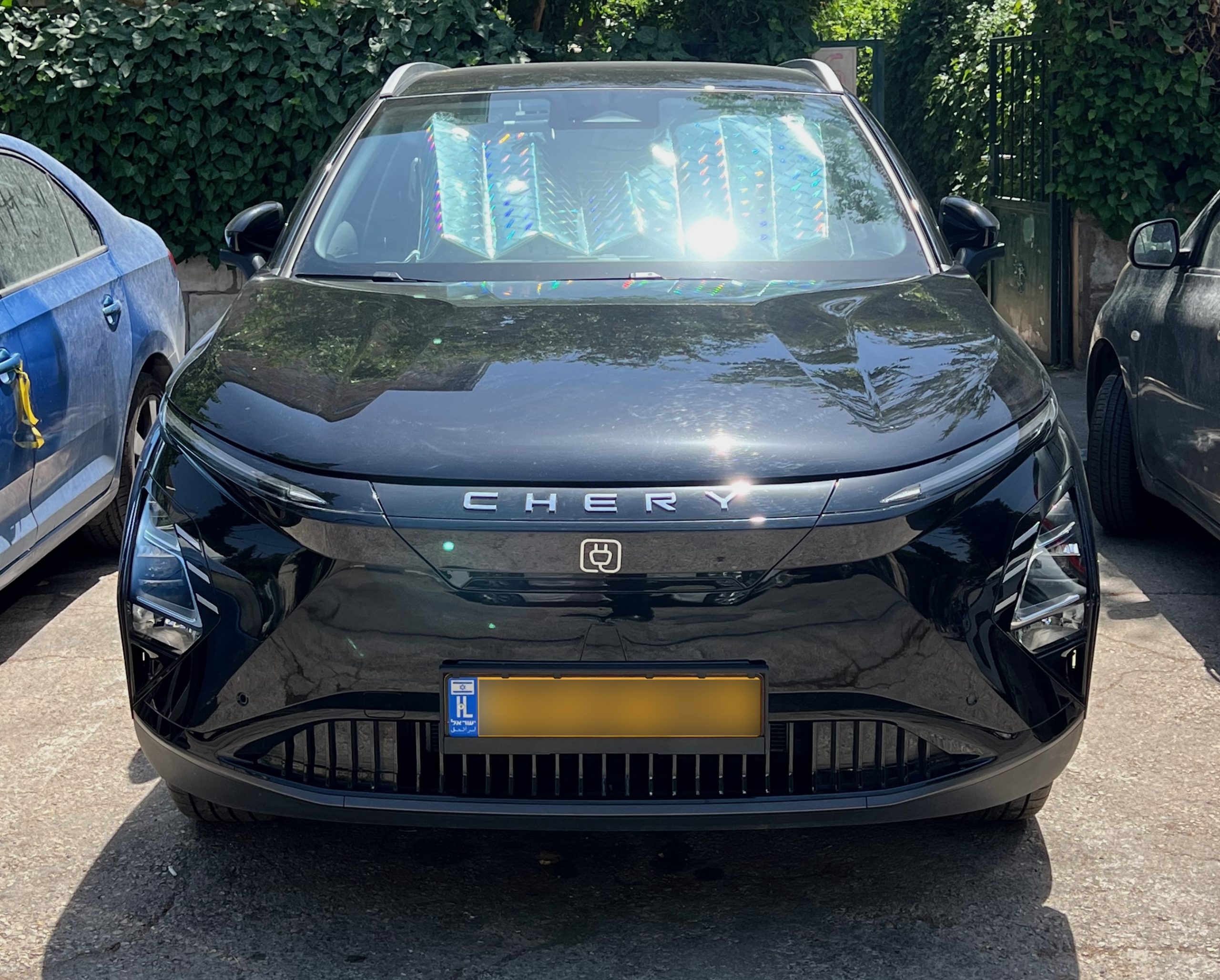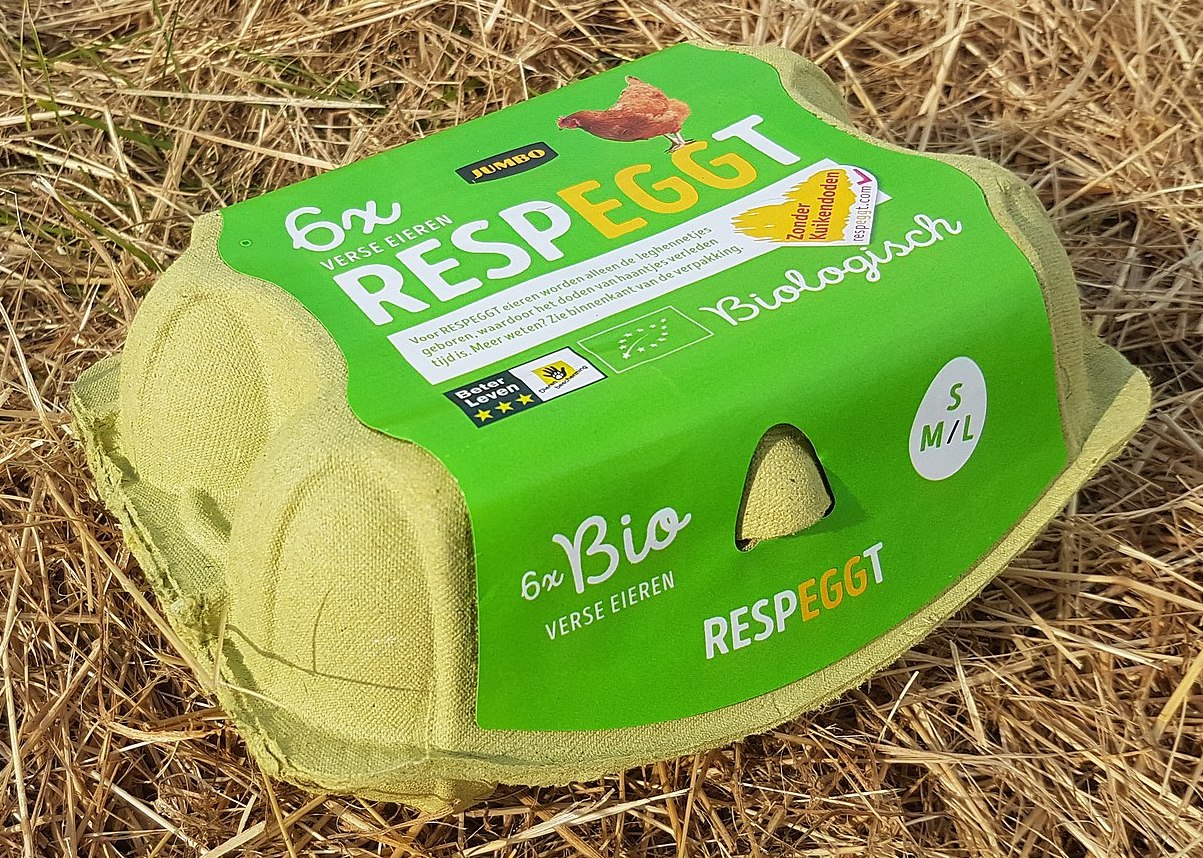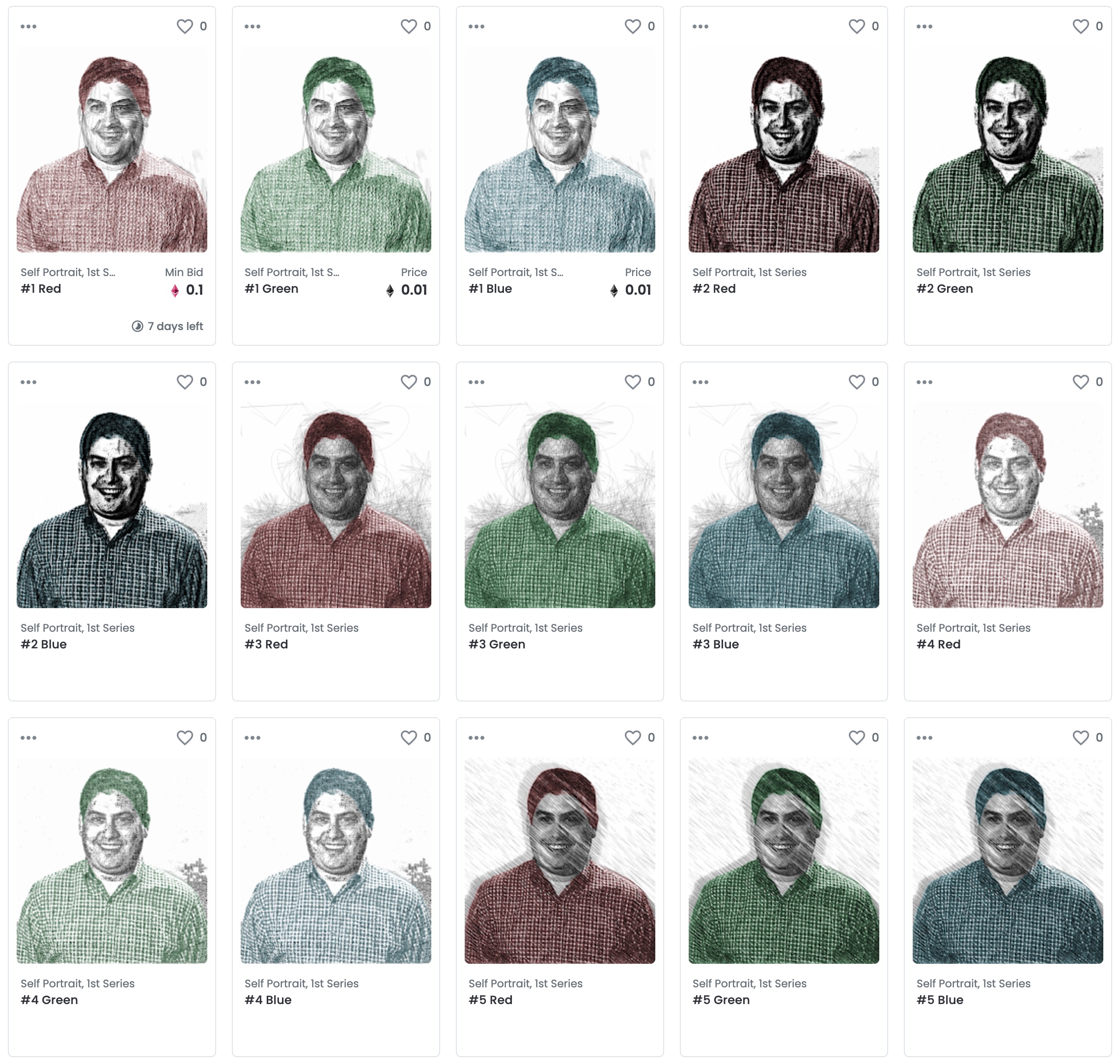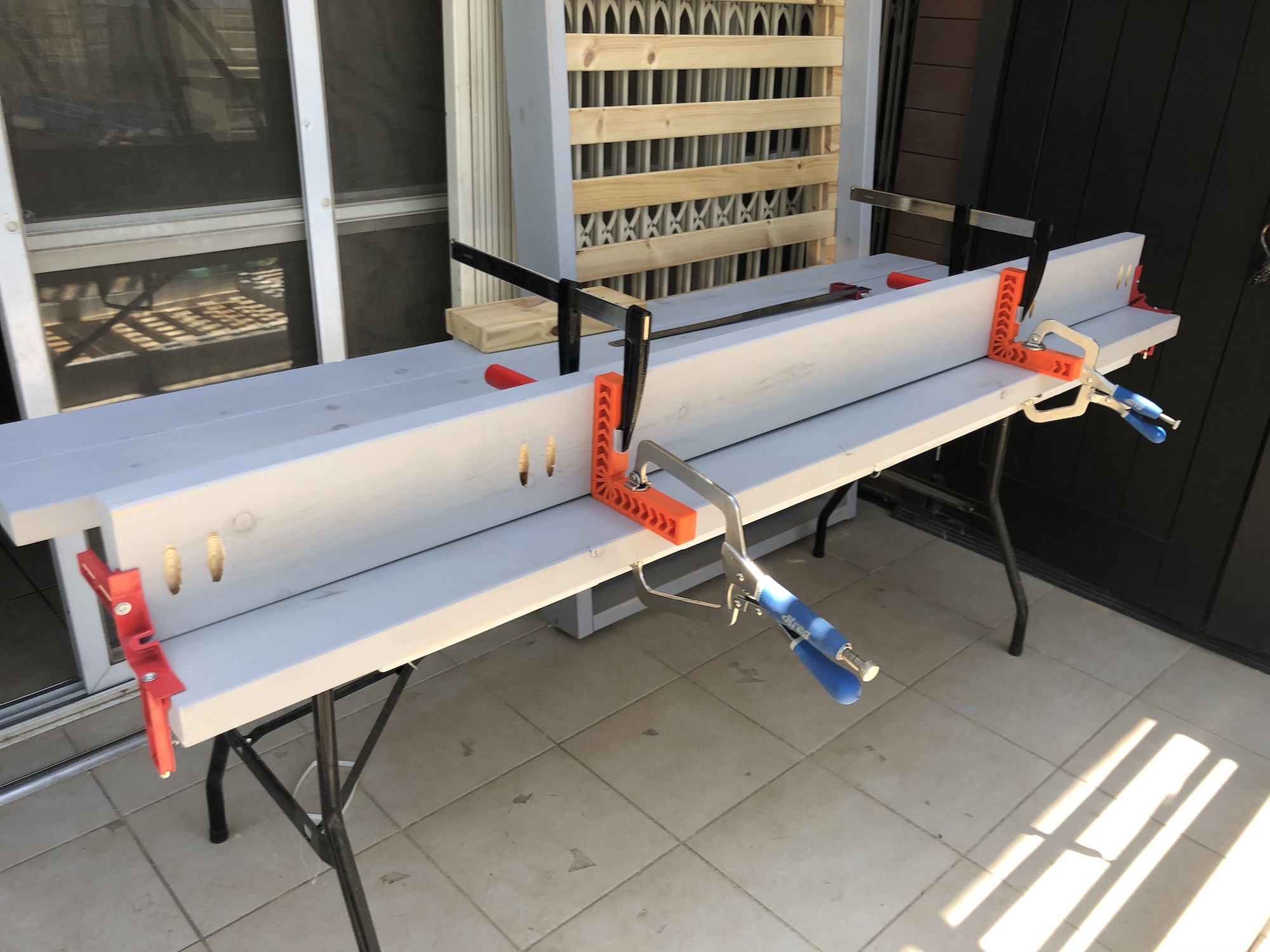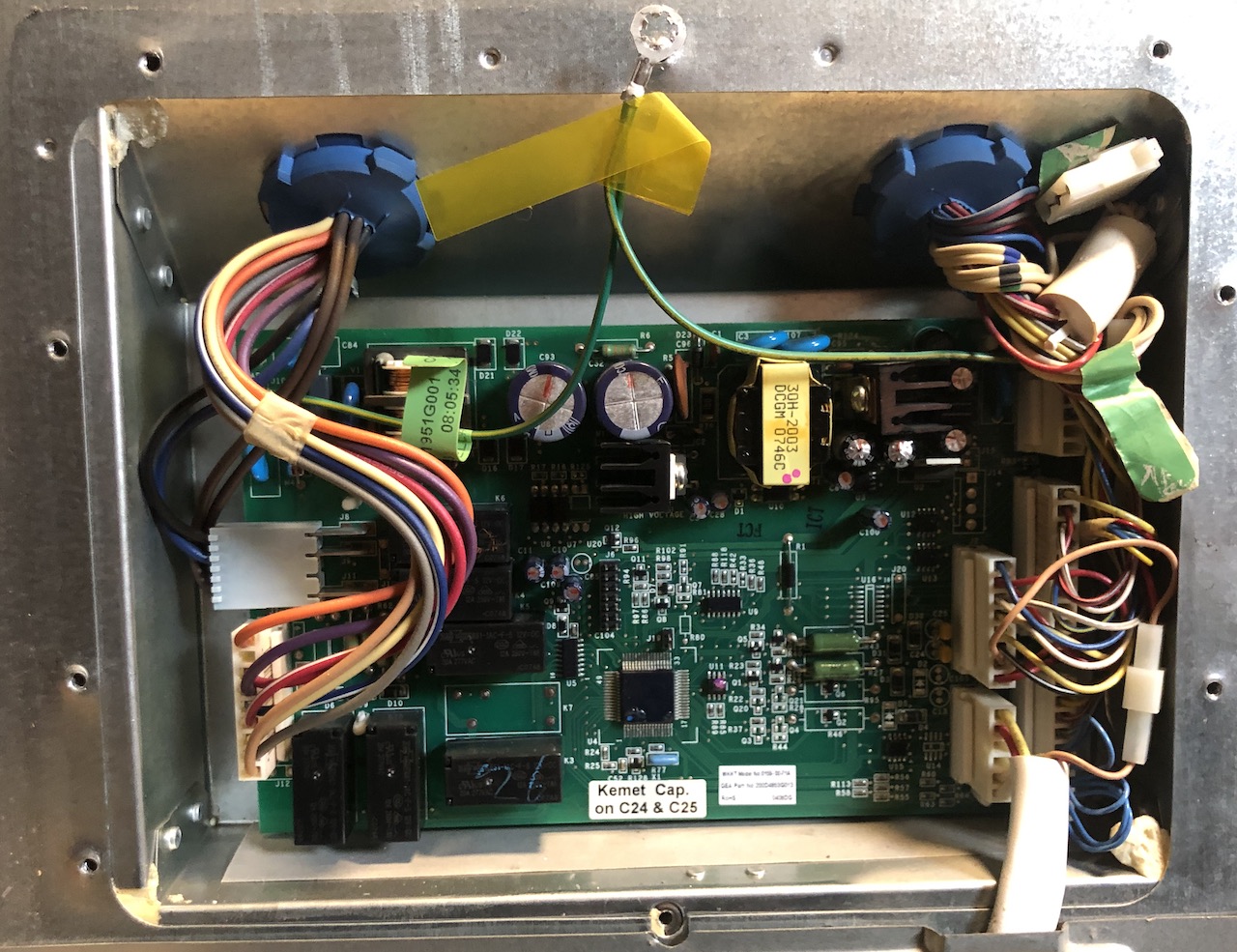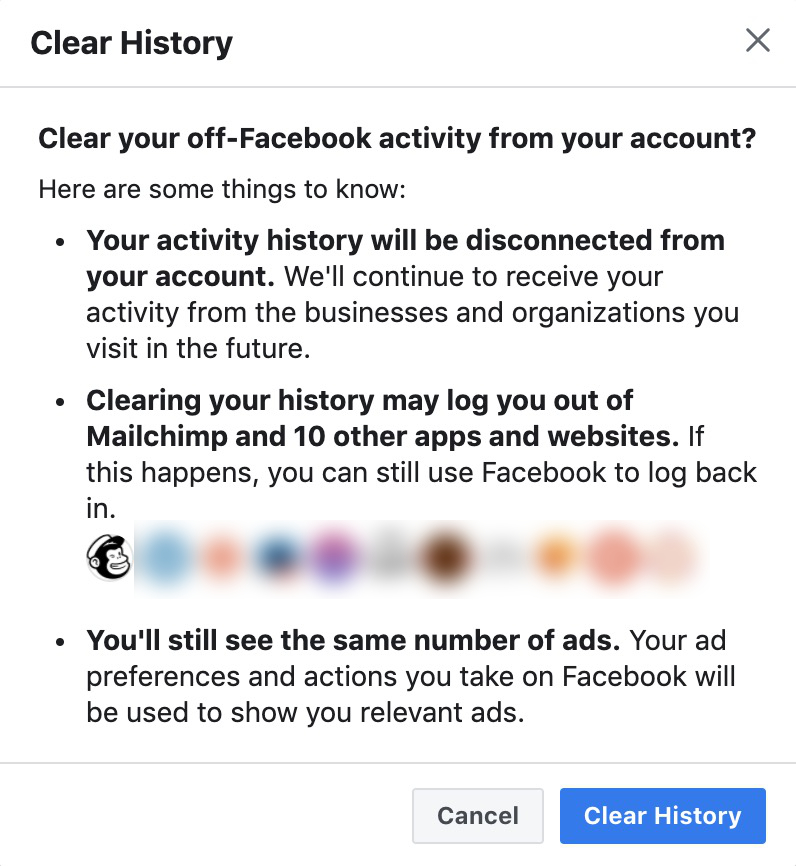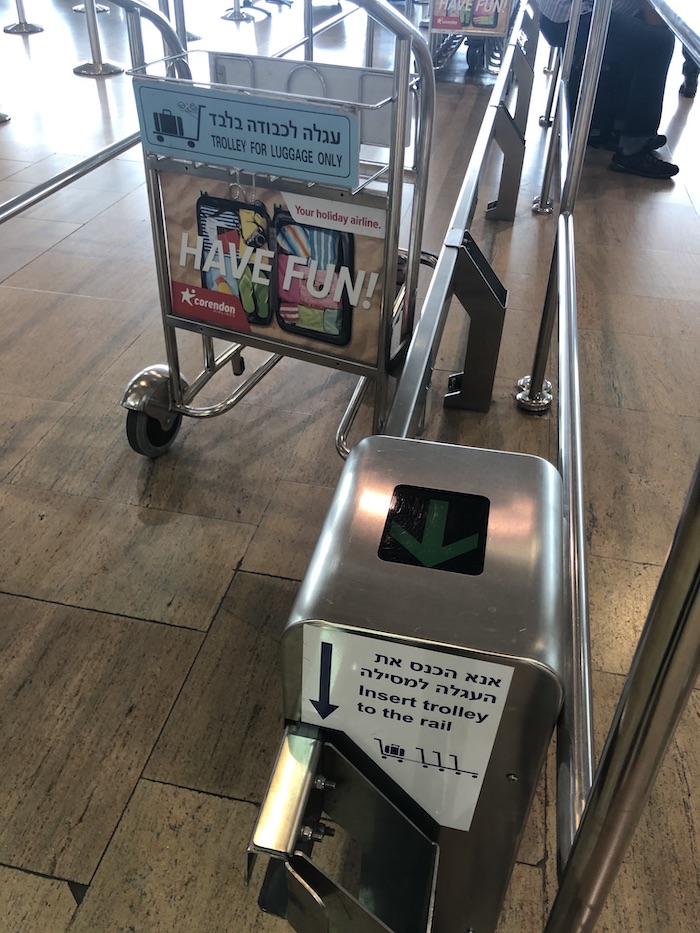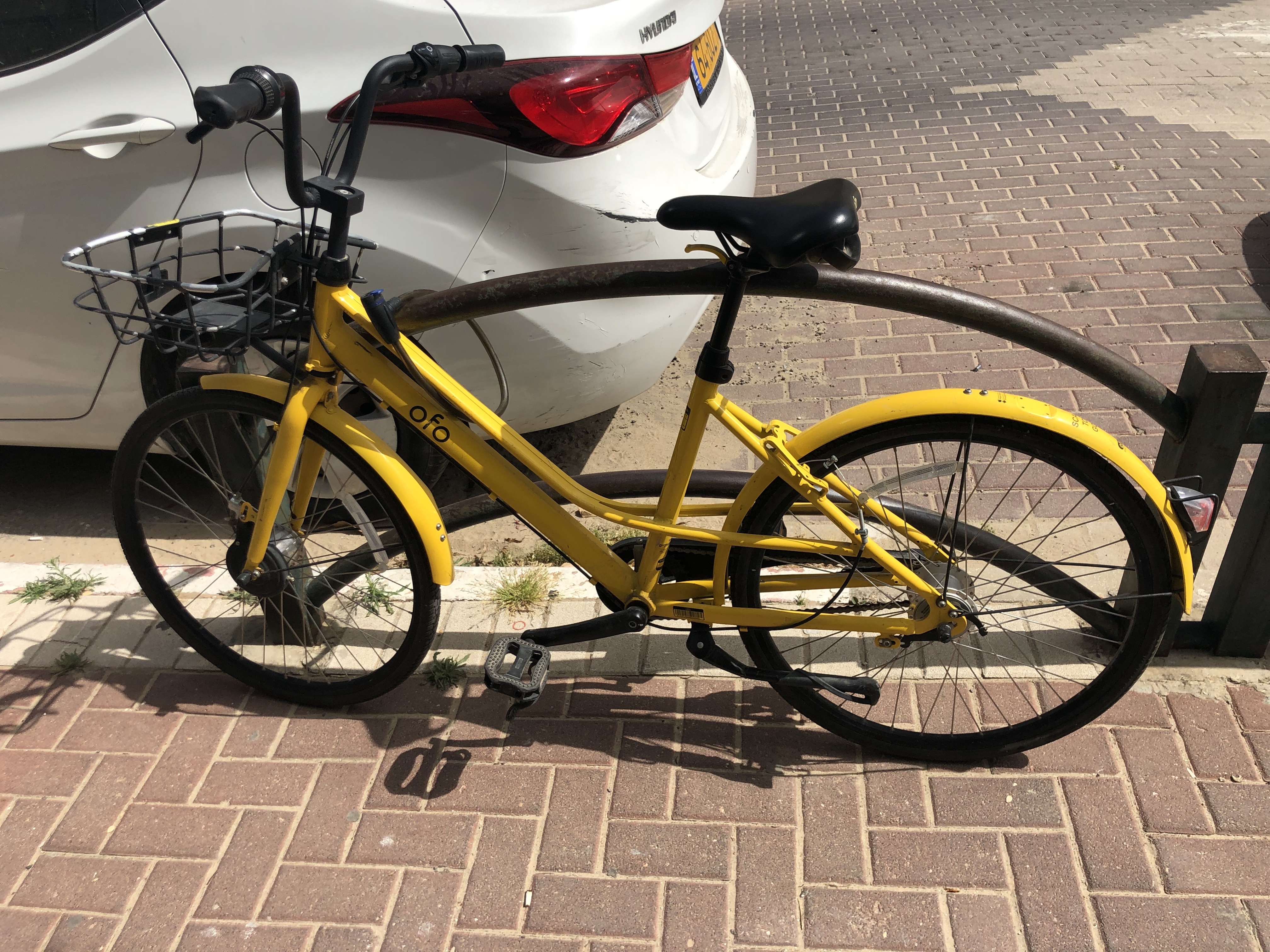The Chinese Auto Invasion
I lived in Israel for two decades, and in all that time the cars available were fairly consistent. Compared to the US, there were still many Japanese and Korean cars, but more European and fewer American cars. There were few luxury and sports cars in Israel, except for a cluster of nice cars in Herzaliya and Tel Aviv. Japanese and Korean cars were most common, with Mazda, Toyota, Honda, Mitsubishi, Suzuki, and Nissan very common from Japan, and Kia, Hyundai and KGM (formerly SsangYong - not sold in the US) from South Korea. European cars included VW, Skoda, Fiat, SEAT, Peugeot, Citroen, Dacia, Audi, and Mercedes. US brands existed, with Chevrolet and Ford the most common, although many of these came from their European or Asian factories (this was largely to do with the fact that Israel follows European standards on many things, including how the headlights are pointed on cars – US points them straight ahead and Europe points them slightly to the sides). Before I left in 2022, Tesla had just made inroads into Israel, although I'm not sure from which country those cars were imported (since Tesla has factories in Germany and China as well as in…
